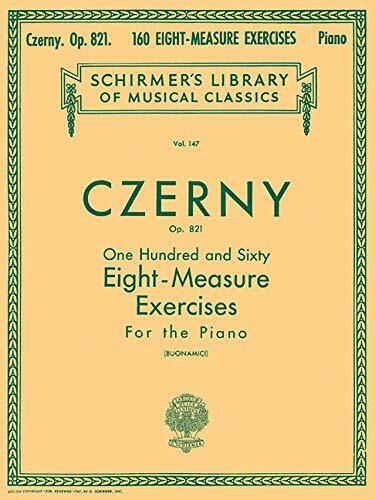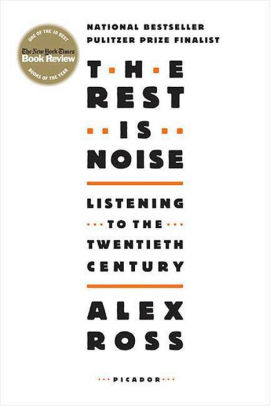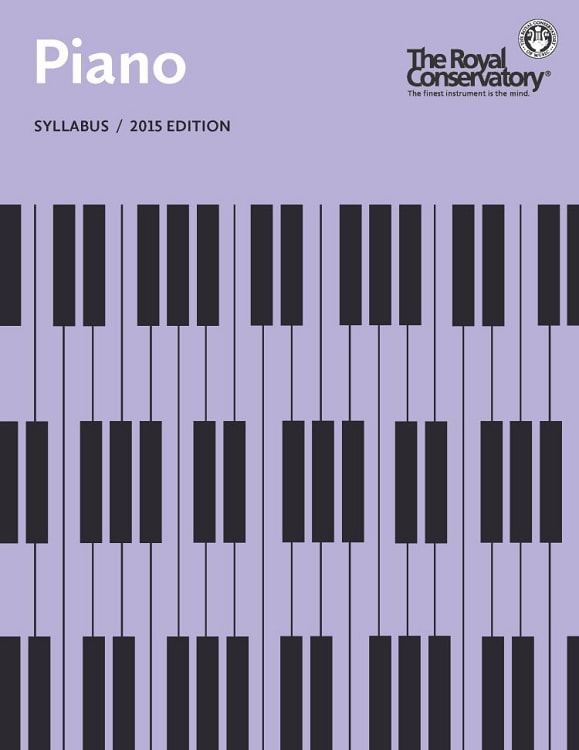|
My top five tips for practicing any musical instrument:
Theory
If you would like help, call me. David Revised March 2023
0 Comments
Your comment will be posted after it is approved.
Leave a Reply. |
You've got to learn your instrument. Then, you practice, practice, practice. And then, when you finally get up there on the bandstand, forget all that and just wail. AuthorI'm a professional pianist and music educator in West Toronto Ontario. I'm also a devoted percussionist and drum teacher. Categories
All
|



 RSS Feed
RSS Feed